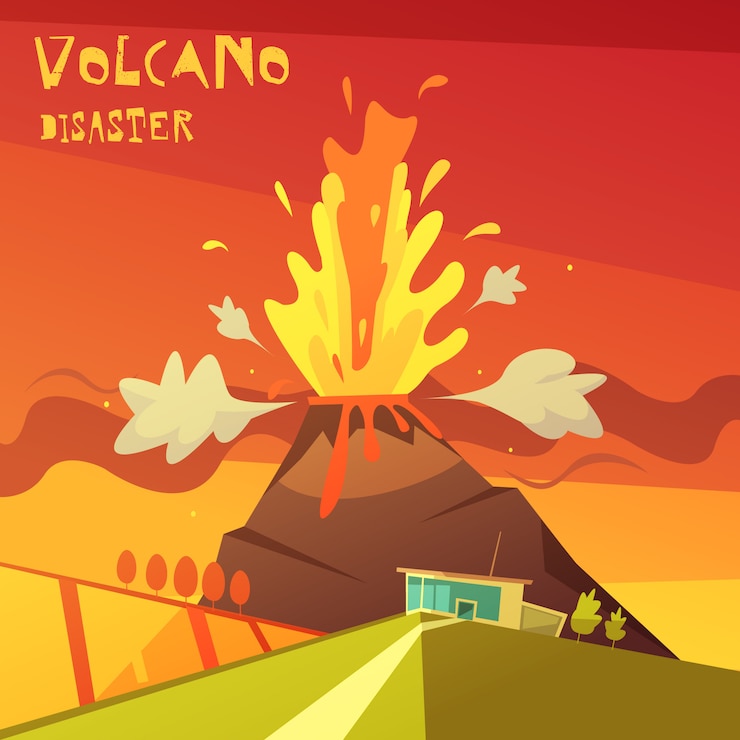
Hawai’i Volcanoes National Park, known for housing two of the world’s most active volcanoes, now offers outdoor enthusiasts another exciting reason to explore. The park recently expanded to include Pōhue Bay, adding 16,451 acres and increasing the park’s total area to 554 square miles.
The Trust for Public Land (TPL) transferred ownership and stewardship of Pōhue Bay to the National Park Service (NPS) to ensure the protection of its native ecosystems and cultural traditions.
TPL had bought the land for $9.4 million, a significant achievement for conservation since the area had been considered for several resort developments in the past.
“Aloha ʻāina begins with our dedication to safeguarding the unique natural and cultural systems of our islands,” said Lea Hong, TPL’s associate vice president and Hawaiian Islands state director. “We’re thankful the National Park Service will manage the area with community support, so its history, culture, and natural beauty are preserved for future generations.”
At Pōhue Bay, which stretches from Māmalahoa Highway to the coast, visitors can discover well-preserved Hawaiian cultural sites. These include lava tubes, fishing shrines, a burial site, petroglyphs, trails from mountain to sea, and Hawai’i’s largest-known abrader quarry.
The Pōhue coastline is also a safe haven for endangered Hawaiian wildlife, like the Hawaiian hawksbill turtle and Hawaiian monk seal. It’s also a habitat for native and migratory birds such as the white-tailed tropicbird and black-crowned night heron.
Right now, the NPS is temporarily restricting public access while they develop an interim operating plan.
“Pōhue is a deeply valuable and culturally significant area that requires protection. We are actively seeking community input to better understand the natural and cultural resources here,” said Rhonda Loh, superintendent of Hawai’i Volcanoes National Park.
The rest of the national park remains open, and you can buy digital passes through Recreation.gov up to six months in advance of your visit.


